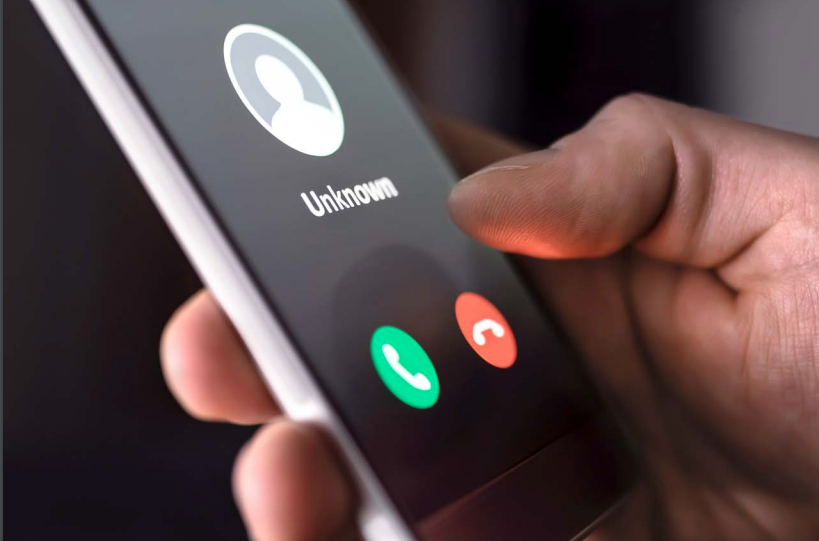Since we first examined consumer complaints to the CFPB about person-to-person (P2P) payments, fraud on the Zelle platform has perhaps received the most attention. Congressional scrutiny has focused on fraud on this platform because it is owned by a consortium of some of the nation’s biggest banks. Now, in a followup to a story first reported by the Wall Street Journal (paywall), Banking Dive has the latest on how the big bank owners of the consortium known as Early Warning Services are working to add refund rules for any of the thousands of banks that participate in its P2P system:
“Under new rules being discussed, banks would share liability inside Zelle’s system for customers who are scammed, and guarantee to reimburse one another, sources told the Journal. A customer who is tricked into sending funds would receive a refund from the financial institution that houses the deposit account where the money was sent, the sources said.”
But the story goes on to say that big bank trade associations, in a recent letter to CFPB director Rohit Chopra, have warned that “Shifting liability for payments the customer has authorized and later claims were made to a scammer will harm consumers in the form of higher costs, fewer options, and less competition.”
Well, fire, brimstone, higher costs and other signs of the apocalypse are standard fodder for any industry screed against needed regulation, so I’m not surprised. But only time will tell if the banks’ plans will help the consumers who complain to me and also to Bob Sullivan, a consumer journalist who’s been all over the Zelle issue for years.
Back in the 00’s, certain banks were accused of looking the other way by ignoring calls from other banks pointing out that scammers appeared to be running their “remote check” scams through merchant accounts. “Wachovia collected millions of dollars in fees from those companies, even as it failed to act on warnings, according to records,” according to the May 2007 story “Bilking the Elderly,” by Charles Duhigg in the New York Times.
Wachovia’s regulator, OCC.gov, then not so aggressive at protecting consumers, finally acted almost a year later. It fined Wachovia $10 million, ordered $8.9 million in senior citizen fraud education and up to $125 million in restitution to consumers.
So, I wonder if it will take an enforcement action from the CFPB — a consumer cop that’s good at its job — to guarantee that the banks clean up fraud on the Zelle platform.
What the banks have promised seems like a good first step but the devil is in the details. We’ll keep watch.
